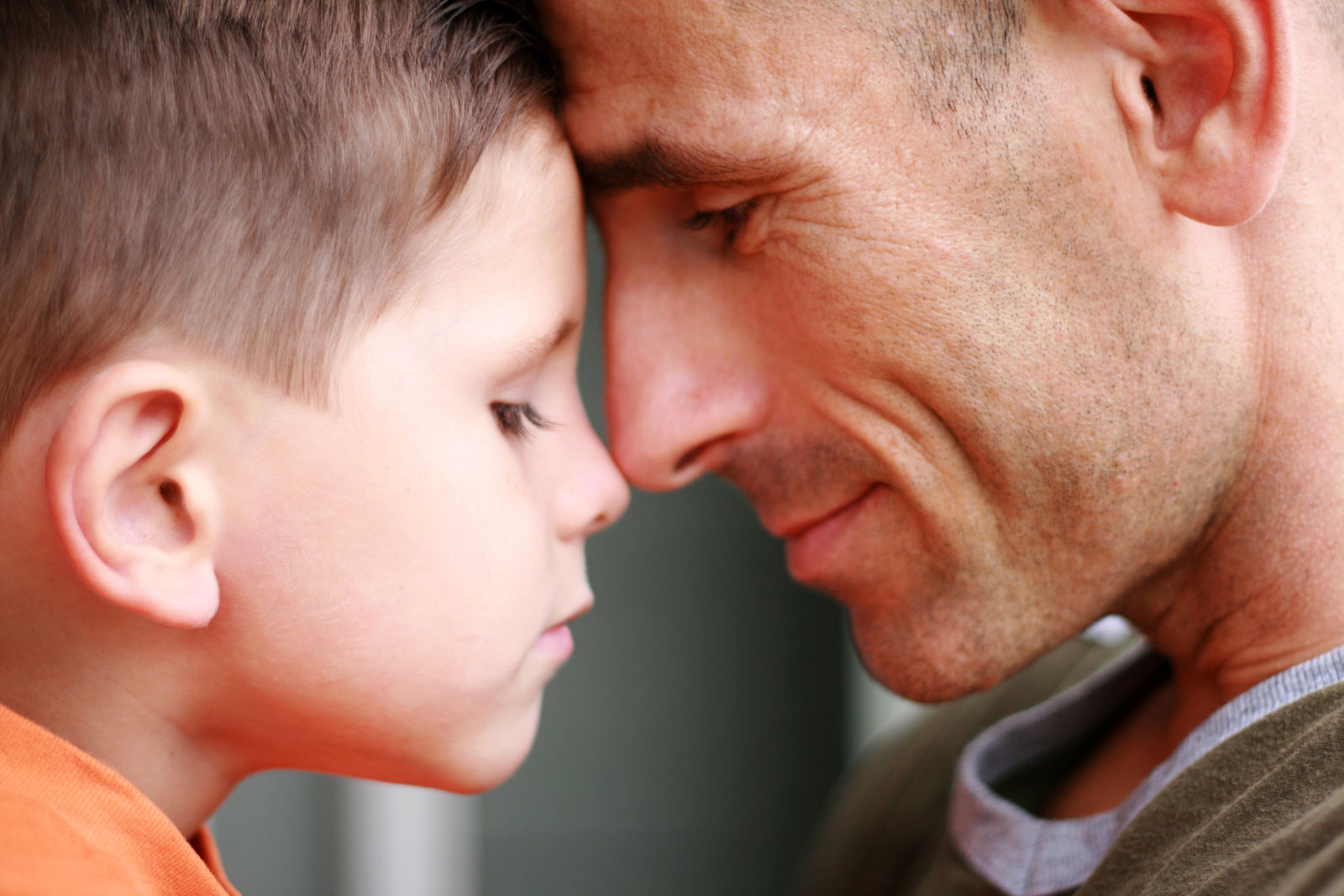The phrase the 'sandwich generation' has been coined to describe those 'sandwiched' between caring for their own children and their parents. It is a very real issue for many, as competing demands on their time, finances, and emotional resources can leave them feeling like they are spread too thinly.
The metaphor of a sandwich can be useful to clients who arrive in counselling concerned about passing on negative childhood experiences to their children too. They can feel trapped, recognising adverse childhood experiences, but unsure how not to copy them in their parenting. For others the feeling is less solid, they simply know that something does not feel right. This can be especially hard if they recognise that their parents were doing their best, or believed they were doing a good job. There is a strong societal narrative that we must excuse harm if the intention was good. We pass this onto to children with phrases like "he didn't mean it" or "she said sorry" which is assumed to be enough to leave any hurt or injury behind.
It's not about blame
If you are trying to unpick the messages you received as a child, and determine which ones you do not want to pass onto your own children, it really helps to let go of blame. Yes, there are some people who may have behaved in such a way that breaks the boundaries of what society considers acceptable, childhood sexual abuse, neglect, physical violence for example. For those, blame - and removing it from themselves and placing it where it belongs - is vital. However when there is no clear cut incidents, just a desire to unlearn or change unhealthy behaviours blame can get in the way of progress. Those life lessons of intention being enough, or "it was different back then" can make us loathe to be honest about the impact of parental behaviour. Melanie Klein, one of the founders of modern psychotherapy, first explored this desire in children to split parents into all good, or all bad, and how this splitting needs to be reconciled as adults.
Letting go of binary black and white thinking allows us to move past the idea of blame, it is not that our parents were all good, or evil monsters, but that some of the choices they made negatively impacted on us. If we wish not to copy those choices it helps to see them in this context.
Consider Laura, she comes to counselling because she is struggling reconciling her own ideas of motherhood, and her upbringing. Her parents had very high expectations, and as she says herself "It's hardly abusive to want your children to do well". In the course of counselling she admits that she not only constantly compares herself to other mums, and feels inferior, but that she sometimes gets frustrated with her child's progress. This had come to a head when she took over her child's art project, and was hit very forcibly by the memory of her mum doing the same, and the feelings this had left her with as a child of not being good enough.
Like many people our fictional client Laura had got stuck in the idea that her parents had either been abusive i.e. bad or not i.e. good . This "splitting" as Klein described it, may be a helpful coping strategy for a child, but as adults we need to be able to recognise far more nuanced positions.
Moving beyond primary colours
A useful analogy for better understanding the learned behaviours which we may want to change is to consider a box of crayons. Often we grow up with red, green, blue and yellow. Adequate for the purposes, but unaware that turquoise, aquamarine, magenta, and a whole host of others exist. In unlearning old behaviours we open up the possibilities of new ways of parenting, and of relationships generally. Seeing that more options exist allows us to consider the parent we want to be, rather than feeling certain behaviours are inevitable.
Working out the way forward
Things to consider if you want not to pass on negative behaviours from your own parents are;
- How you praise, and criticise, look to the behaviour, not the child, for example "You draw interesting pictures" rather than "you are a good artist"
- Unpack who is getting praise, or criticism, you or your child. Getting validation via your children can be a hard habit to break, but it is essential
- Letting go off the idea of perfection, the binary split, you can only ever be good enough
- Recognising you are neither your parents, or your children. This can be the hardest step of all, but seeing both your parents and your children as unique individuals can reap huge rewards.





